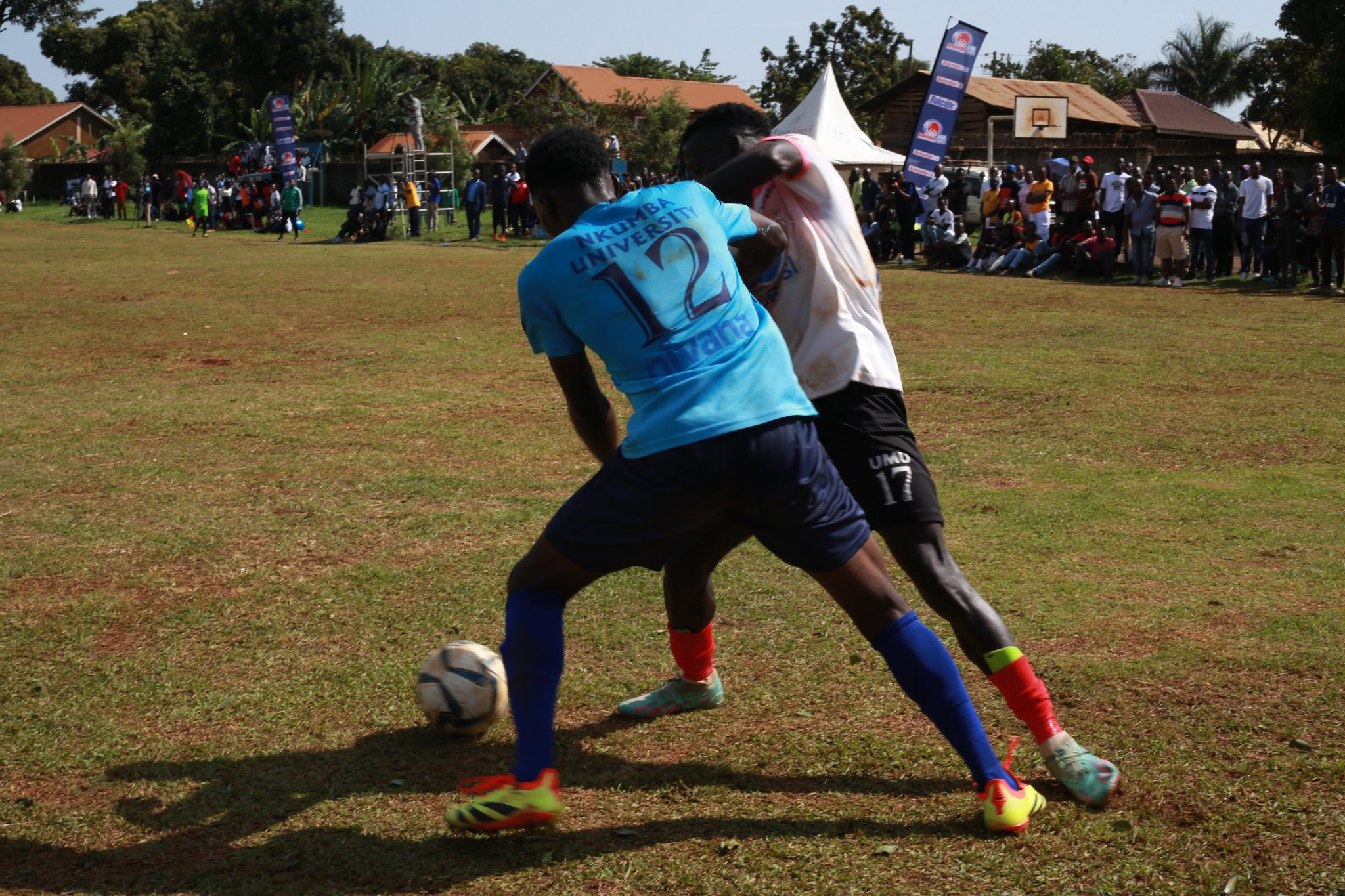Mercy Bayo,
Many people are often frustrated by one of the behavioral characteristics that human beings have, procrastination.
Considered by many as a minor trait with least or even no consequences at all, procrastination has deprived a number of people from living the life that they dreamt of living while still in their teenage cycle or pursuing the career that they have always had a passion for.
Described as the act of delaying or putting off important tasks until the last minute, it is easier to assume that whenever people are working on something less important, they are procrastinating.
Humans are flexible beings and therefore what may be considered as procrastination by one may by another be planning for a task, transitioning to the next stage in life, handling a more important task than the one on table or taking a break to reset their mind.
Research has proven that there are two main types of procrastination, active and passive procrastination.
An active procrastinator is one who is well convinced that they are better off at delivering best results at the last minute. These will intentionally fore-go a task until they have one day or a few hours to the final deadline.
On the other hand, a passive procrastinator will do all they can so as not to procrastinate but somehow, they just tend not to finish the task in time.
They often find their attention wondering off to pursuing an activity that will deliver a much quicker satisfaction than one whose satisfaction will come after two months. Passive procrastination is mainly caused by fear, anxiety, depression to mention but a few.
Despite, both active and passive procrastinators tend to face similar outcomes.
Many procrastinators end up in frustration due to failure to fulfill different tasks in their mandated time. Procrastination is the real thief of time.



















Discussion about this post